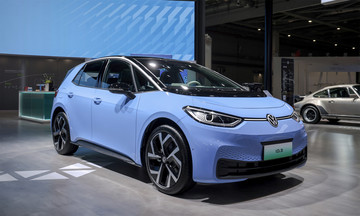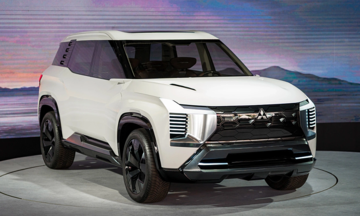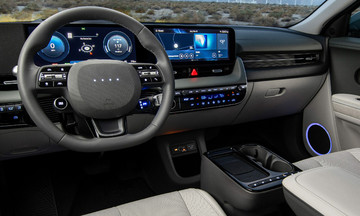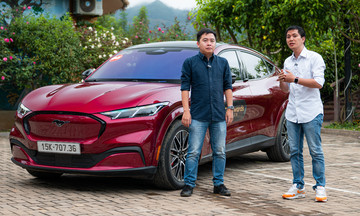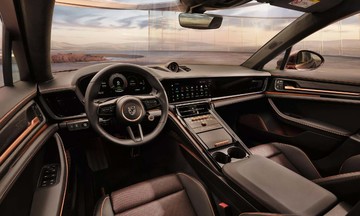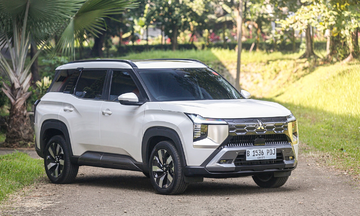Long-standing rivals, BMW and Mercedes have always "fished in the same pond". However, sales figures released this week reveal a stark contrast: one German luxury brand saw its consumption rate decline, while the other may soon need a bigger boat.
Mercedes sold 441,500 vehicles in the third quarter, a 12% decrease compared to the same period in 2024. In contrast, BMW sold 514,620 BMW-branded vehicles, marking a 5,7% increase. Including other BMW Group brands such as Rolls-Royce, BMW M, and Mini, total sales reached 588,300 vehicles, an 8,8% rise from the same period in 2024.
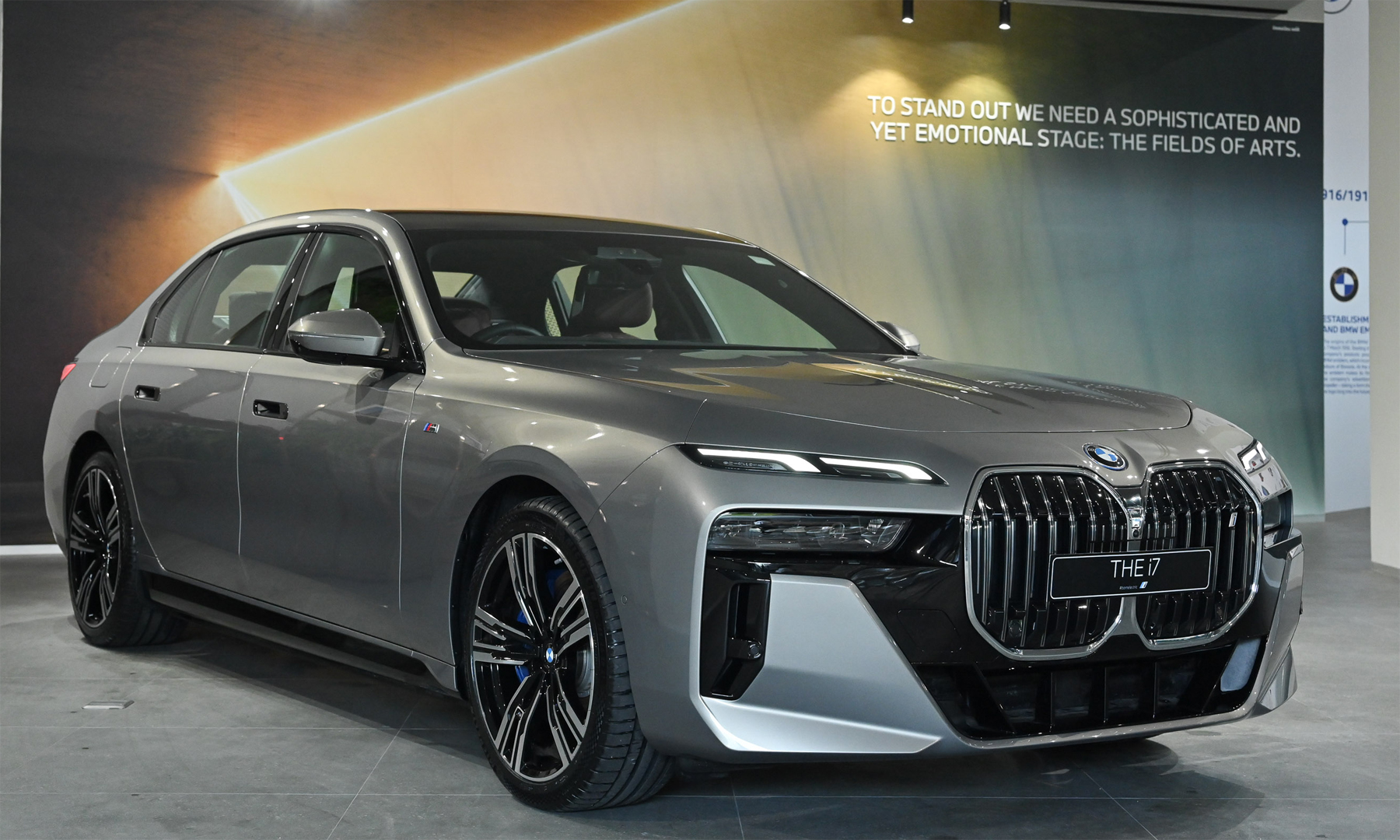 |
The large luxury electric sedan, BMW i7. Photo: Auto. |
The performance disparity between the two brands in key markets is notable. For example, in the US, which has been affected by tariffs this year, Mercedes' sales dropped by 17% to 70,800 vehicles. In contrast, BMW achieved a growth of 24,9% during the same period, reaching 297,247 vehicles.
Even in China, where both brands—like many Western automakers—are facing challenges, Mercedes' results were significantly worse. Its sales plummeted by 27%, while BMW's sales only decreased by 11%.
The figures for electric vehicles (and electrified vehicles) further highlight this disparity. For Mercedes, battery electric vehicle (BEV) sales remained nearly flat. The company delivered 42,600 BEVs in the third quarter, essentially holding steady compared to the same period in 2024, despite facing cost pressures, tariff barriers, and increasing competition in China's electric vehicle sector.
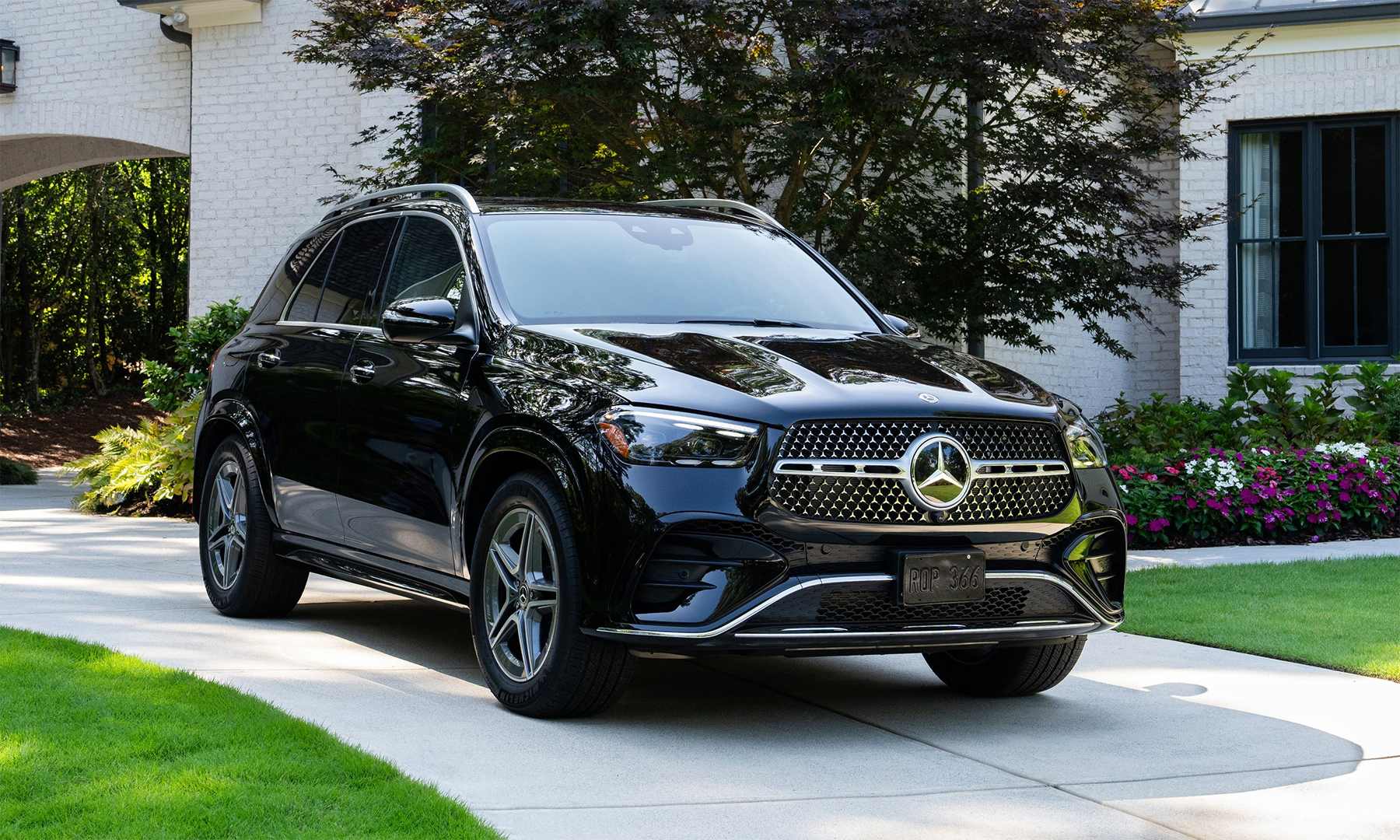 |
The mid-size luxury SUV Mercedes GLE, one of the German automaker's top-selling products. Photo: Autohaus on Edens. |
BMW's story is more complex. The group's electrified vehicle portfolio (including BEV + plug-in hybrid electric vehicle (PHEV)) showed good overall growth, with 151,282 electrified vehicles sold in the quarter, an 8% increase. However, this figure decreased by 2,8% in the US. Global BEV sales for the same period declined by 0,6% to 102,864 vehicles, despite a 10% year-to-date increase.
Both automakers have several important new products launching soon, including the GLC with EQ technology and the iX3. These two products are expected to significantly impact sales next year.
Mercedes is among the few German automakers that have lowered their 2025 sales forecast. This is due to the industry facing higher costs from US President Donald Trump's tariffs on automobiles, parts, and materials, alongside sharply declining sales in China because of domestic competition.
My Anh (according to Automotive News)




